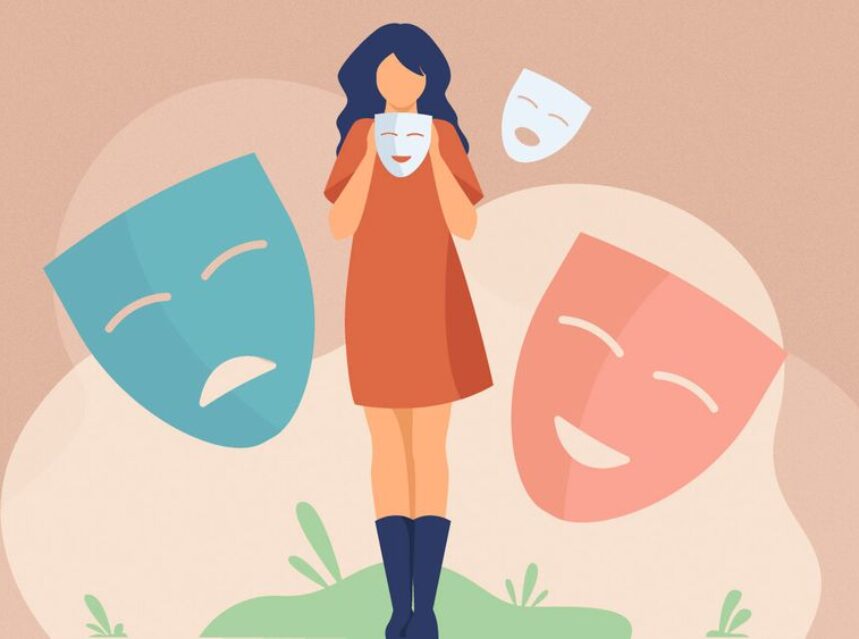How To Help A Family Member Cope With A Mental Illness Diagnosis

So, how can you help if someone in your family is diagnosed with a mental illness?
- Do not let the diagnosis define the person.
- Do not look or talk to them with pity or fear.
- Do not be ashamed of them.
- Do not take over and control them and their treatment plan.
- Do not let them get away with everything just because of the diagnosis.
- Let them know what your boundaries are. (See post on setting boundaries here)
- Prepare for relapses. (See my video about how I manage mania here)
- Help them realize that the diagnosis will help them live a better, happy life.
- Go with them to doctor appointments.
- Help them manage their meds.
- Help them recognize changes in their moods.
- Be prepared for changes in your relationship.
- Inform other family/friends/people (with your family member’s consent) about the mental illness and what to expect.
- Take every opportunity to fight stigma and educate others.
- Love and support them.
And above all, have patience. The progress in the beginning may be slow, and at times, it may feel like you are going backwards. There will be lots of changes, in medications, in treatment plans and maybe even doctors. But stick with the process. You have to go through all that to find the right balance. Everyone is different so everyone needs a treatment plan that is customized to them.
Your newly diagnosed family member will soon face a lot of stigma out in the real world and many people will look at them differently. Let your home be filled with acceptance and support. When you project that you don’t feel any different about them, that they are not damaged goods or “crazy”, they will be more likely to accept the diagnosis themselves and be more on board in treatment compliance.
And if I could give you one more piece of valuable advice it is this: don’t ignore yourself. I strongly encourage you to go seek counselling yourself and to find support groups just for you. Even support people need support! Just like they tell you on the airplane, you need to help yourself first so that you are more capable of helping others.


